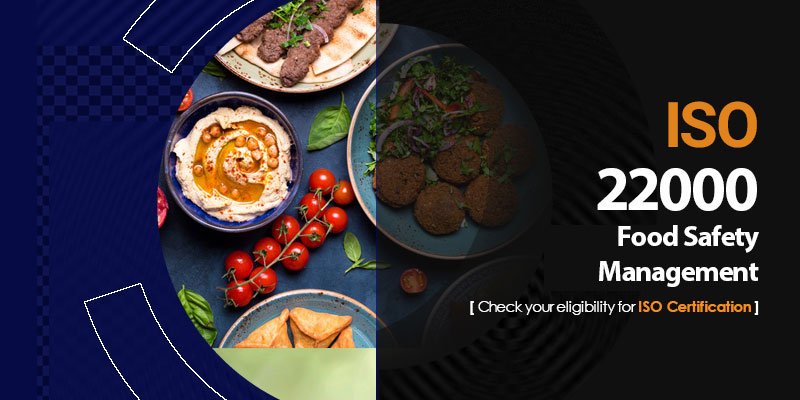
ISO 22000 is a food safety management system that may be used by any company in the food supply chain, from farm to fork. A corporation can show their consumers that they have a food safety management system in place by becoming ISO 22000 certified. This gives customers faith in the product. Customers need safe food, and food processors demand safe ingredients from their sources, therefore this is becoming increasingly crucial. ISO 22000 is an internationally recognized standard that outlines the standards for food safety management systems. ISO 22000 was established in 2005 and applies to all entities participating in the food chain whose primary goal is to ensure food safety.
The standard establishes a framework that harmonizes all aspects of the food supply chain, from producer to consumer, and aids in the reduction of food hazards, risk management, and contamination prevention. You may demonstrate your commitment to food safety to your consumers and stakeholders by obtaining an ISO 22000 accreditation. Furthermore, you will receive a globally recognized certification in Food Safety Management, during which you will study all of the processes and regulations required to reduce risks and improve accountability and transparency. As a result, you'll get a competitive advantage by enhancing your brand's reputation and potentially increasing business volume.
Any organization, regardless of size or location in the food chain, can use ISO 22000. Food dangers are inherent in all segments of the food supply chain, from primary producers, processors, and distributors to retailers and consumers, as well as all connected providers of services and raw materials, as recent history has revealed. Failure to properly handle all relevant hazards can result in illness, death, hunger, and the destruction of brands, industries, and governments' reputations. The severity of such ramifications and the scope of the food chain have prompted the realization that the provision of safe food cannot be accomplished by any organization or sector acting in isolation, but requires a commitment from all organizations involved in the food chain.
In response to this situation, and in an effort to harmonize standards and limit the cost, time, and sometimes irrational demands imposed by a proliferation of private standards, ISO developed a food safety management system that is applicable to all businesses involved in the food chain, resulting in ISO 22000:2005. Food safety management systems are mandatory for any organization in the food chain.
The ISO 22000 international standard specifies the requirements for a food safety management system that involves the following elements:
- interactive communication
- system management
- prerequisite programs
- HACCP principles
The most effective food safety systems are established, operated, and updated within the framework of a structured management system and are integrated into the organization's overall management activities. This maximizes the benefit to the organization and interested parties. ISO 22000 has been aligned with ISO 9001 to improve compatibility between the two standards.